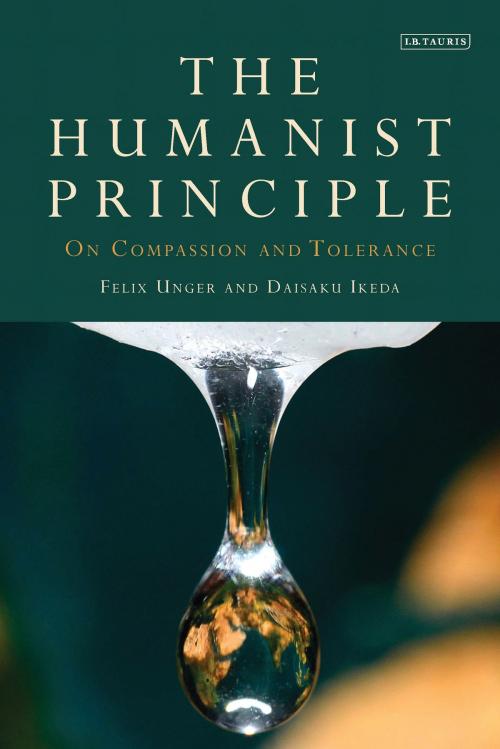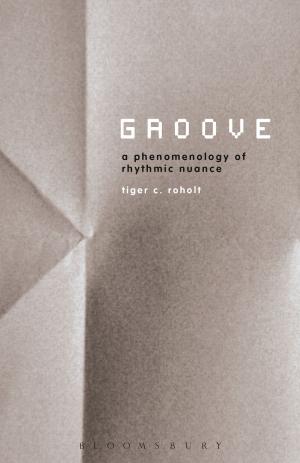The Humanist Principle
On Compassion and Tolerance
Nonfiction, Reference & Language, Reference, Health & Well Being, Medical, Social & Cultural Studies, Political Science| Author: | Felix Unger, Daisaku Ikeda | ISBN: | 9781786721556 |
| Publisher: | Bloomsbury Publishing | Publication: | June 30, 2017 |
| Imprint: | I.B. Tauris | Language: | English |
| Author: | Felix Unger, Daisaku Ikeda |
| ISBN: | 9781786721556 |
| Publisher: | Bloomsbury Publishing |
| Publication: | June 30, 2017 |
| Imprint: | I.B. Tauris |
| Language: | English |
What is the nature of tolerance? Can it be engendered by religion? And how might different cultural traditions, whether religious or secular, assist in promulgating the vital principle of humanistic dialogue and benevolence? These are some of the urgent questions posed by this stimulating and wide-ranging new colloquy. Bringing together a wealth of wisdom and experience in medical science and in Buddhist thought and ethics, the discussants together address issues of vital current concern. They ask, for example, to what degree science and religion, as well as other fields of learning, may find common ground. They examine the pitfalls, as well as the opportunities, posed by genetic engineering. They examine the need for science to develop a proper ethical dimension, particularly in relation to weapons of war, if it is to realize its true potential. Exhibiting everywhere a sensitive humanity, as well as a deep respect for their different backgrounds, the participants exemplify in these civilized exchanges a mutual passion for developing dialogue as a profound and practical way of cultivating both toleration and peace.
What is the nature of tolerance? Can it be engendered by religion? And how might different cultural traditions, whether religious or secular, assist in promulgating the vital principle of humanistic dialogue and benevolence? These are some of the urgent questions posed by this stimulating and wide-ranging new colloquy. Bringing together a wealth of wisdom and experience in medical science and in Buddhist thought and ethics, the discussants together address issues of vital current concern. They ask, for example, to what degree science and religion, as well as other fields of learning, may find common ground. They examine the pitfalls, as well as the opportunities, posed by genetic engineering. They examine the need for science to develop a proper ethical dimension, particularly in relation to weapons of war, if it is to realize its true potential. Exhibiting everywhere a sensitive humanity, as well as a deep respect for their different backgrounds, the participants exemplify in these civilized exchanges a mutual passion for developing dialogue as a profound and practical way of cultivating both toleration and peace.















